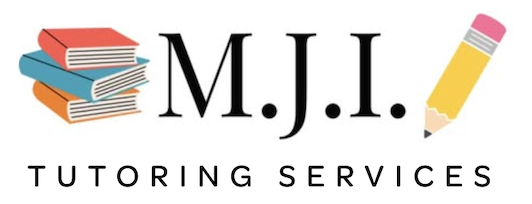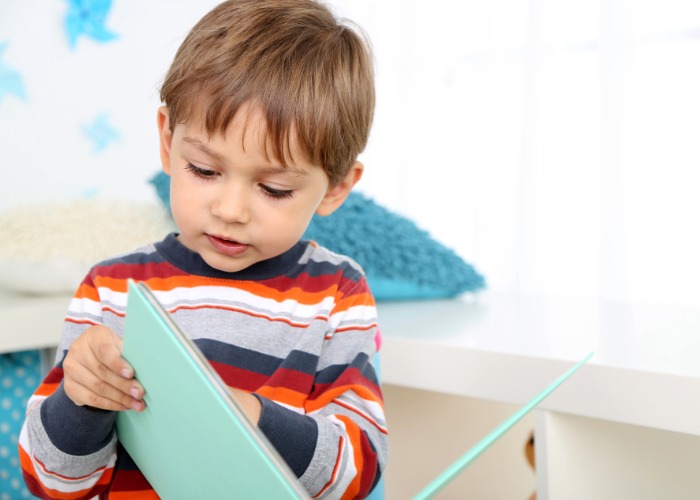Welcome to the world of early literacy! This article explores the best language and literacy activities designed specifically for preschoolers. We'll delve into how these activities help children develop crucial literacy skills, setting a strong foundation for their future academic success. Get ready to discover a range of engaging and fun ways to promote literacy development in your preschooler!
Literacy Skills in Preschoolers
Literacy skills in preschoolers are foundational for future academic success, as they encompass the ability to read and write, understand language, and communicate effectively. Engaging in literacy activities for preschoolers is critical as it fosters early language development and builds a strong base for understanding new words and concepts. These early literacy skills encompass not only knowing the alphabet, but also phonemic awareness, which is essential for decoding words. Promoting literacy at this stage through fun literacy activities helps children develop a love for reading and learning, setting them up for a lifetime of academic achievement. By focusing on these early skills, we can help children build literacy skills and approach future learning with confidence.
Language and Literacy Development
Language and literacy development in early childhood is a multifaceted process that encompasses a child's ability to understand spoken language, express themselves verbally, and eventually, read and write. This development begins long before a child enters formal schooling, with early interactions and language activities laying the groundwork for future literacy skills. It's important to note that language development is intertwined with literacy development; a child's vocabulary and comprehension skills directly impact their ability to read and write. Activities like reading aloud, storytelling, and engaging in conversations help children develop these crucial language skills, which are then translated into literacy skills.

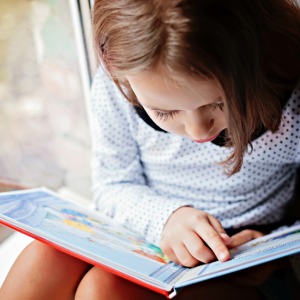
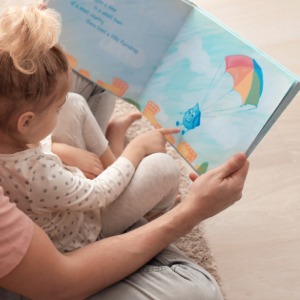
Engaging Literacy Activities for Preschoolers
Engaging literacy activities for preschoolers are essential to make learning fun and effective. Preschool literacy is all about creating an environment where children can explore language and letters in a play-based setting. A fantastic activity for preschoolers is using playdough to form letters of the alphabet, which helps children with letter recognition while also developing fine motor skills. Another fun way to promote literacy is through a scavenger hunt where kids search for different letter objects around the room. Integrating language and literacy activities like these into preschool learning activities helps children build literacy skills in a fun and engaging way. These literacy activities for preschoolers are not just about learning letters; they are about creating a positive association with reading and writing, making literacy a joyous part of their early childhood. These activities will help children to read and write.
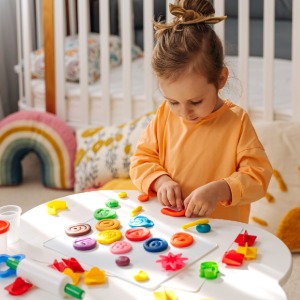

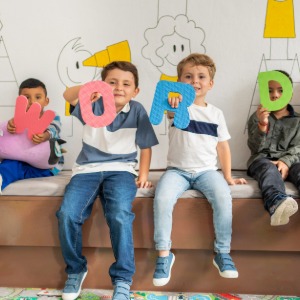
Creative Activities for Building Literacy Skills
Unlocking the potential of early childhood through creative literacy activities is essential for building a strong foundation in literacy skills. Imaginative play, art projects, and storytelling improve language and literacy development in engaging ways. For instance, creating a storybook together, where children draw pictures and dictate sentences, is a fantastic activity for preschoolers that combines artistic expression with literacy. Similarly, acting out stories with puppets helps children internalize new words and concepts. These activities not only enhance comprehension but also foster a love for reading and writing.

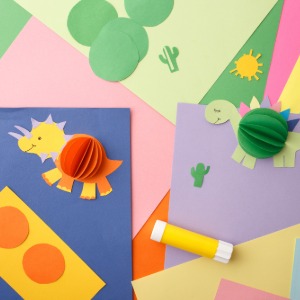

Incorporating Alphabet Games into Daily Routines
Integrating alphabet games into daily routines is a fun way to reinforce letter recognition and promote literacy in preschoolers. These fun literacy activities for preschoolers turn everyday moments into learning opportunities. For example, during snack time, you can ask children to identify the first letter of the food they're eating or look for a specific letter on a cereal box. While getting dressed, talk about the colors and patterns of their clothes and ask them to find items that start with a certain letter of the alphabet. Even simple activities like singing the alphabet song or playing "I Spy" with letters around the room can be effective literacy exercises.
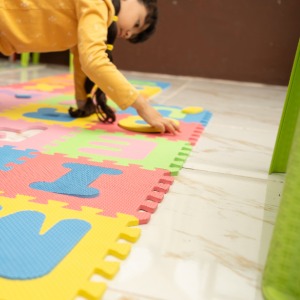


Developing Phonemic Awareness Through Play
Developing phonemic awareness, the ability to recognize and manipulate sounds in spoken words, is a critical aspect of preschool literacy and a foundation for learning to read and write. Play-based activities are a fun way to foster this skill. For instance, rhyming games like "What rhymes with cat?" or activities where children identify the first sound in a word can significantly enhance their phonemic awareness. Using sound-matching cards, where kids match pictures based on their initial sounds, is another effective literacy activity for preschoolers. These best literacy activities help children understand the relationship between sounds and letters, which is essential for decoding words when they begin to read.
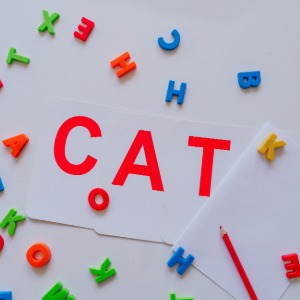
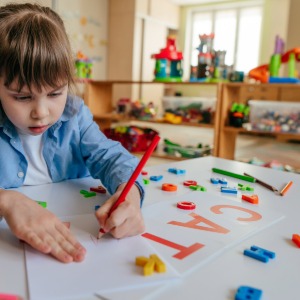
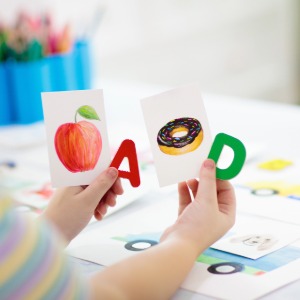
Building a Love of Reading in Preschoolers
Instilling a love of reading in preschoolers is a fundamental goal of early childhood education and a cornerstone of early literacy skills. One effective literacy strategy is to create a rich reading environment filled with engaging literacy activities for preschoolers and diverse books that spark curiosity and imagination. Make reading a daily ritual, whether it's during circle time or as a bedtime activity for preschoolers. Use expressive voices and animated gestures while reading to bring stories to life, making it a fun and engaging literacy experience. Encourage interaction by asking questions about the story, characters, and plot, fostering comprehension and critical thinking. Introduce a variety of genres, from picture books to nursery rhymes, to broaden their literary horizons and help them build literacy skills.


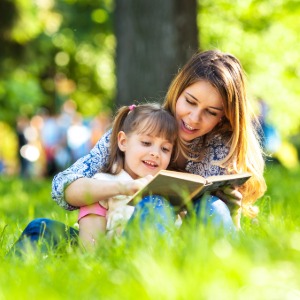
Using Print Awareness in Everyday Activities
Print awareness, understanding that written words convey meaning, is a crucial aspect of early literacy development and can be effectively incorporated into everyday activities for preschoolers. Point out environmental print, such as signs, labels, and logos, during daily routines, turning them into fun literacy activities for preschoolers. For example, while grocery shopping, ask children to identify the first letter of the alphabet in product names or read street signs like "pedestrian" or "stop." In their room, label objects with their names, providing a visual association between the word and the item. Encourage children to participate in activities that involve print, such as writing their names on artwork or helping to create a class schedule. Emphasize the directionality of print, showing them how to read from left to right and top to bottom. By making print a visible and meaningful part of their environment, you help children build literacy skills and develop a deeper understanding of how language and literacy work, which is essential for reading and writing.
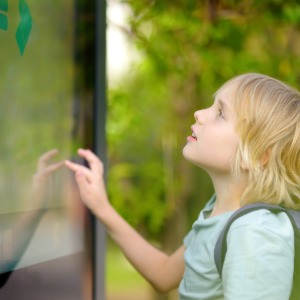
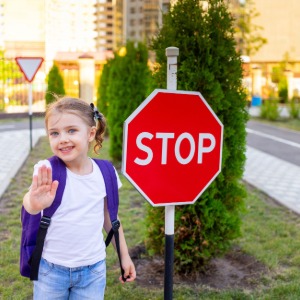

Interactive Language Activities for Young Learners
Interactive language activities are essential for enhancing early language development in young learners. These engaging literacy activities for preschoolers provide a fun and interactive platform for children to explore new words, develop their communication skills, and foster a love for language. For example, storytelling sessions where children actively participate by adding their own ideas or acting out scenes can be incredibly effective. Rhyme is an important component for literacy development. Incorporating games that involve letter recognition, phonemic awareness, and vocabulary building are also excellent choices. Using puppets to act out stories, organizing show-and-tell sessions, and encouraging group discussions are some other effective methods. These activities not only help children build literacy skills but also improve their social skills, confidence, and overall cognitive development.
